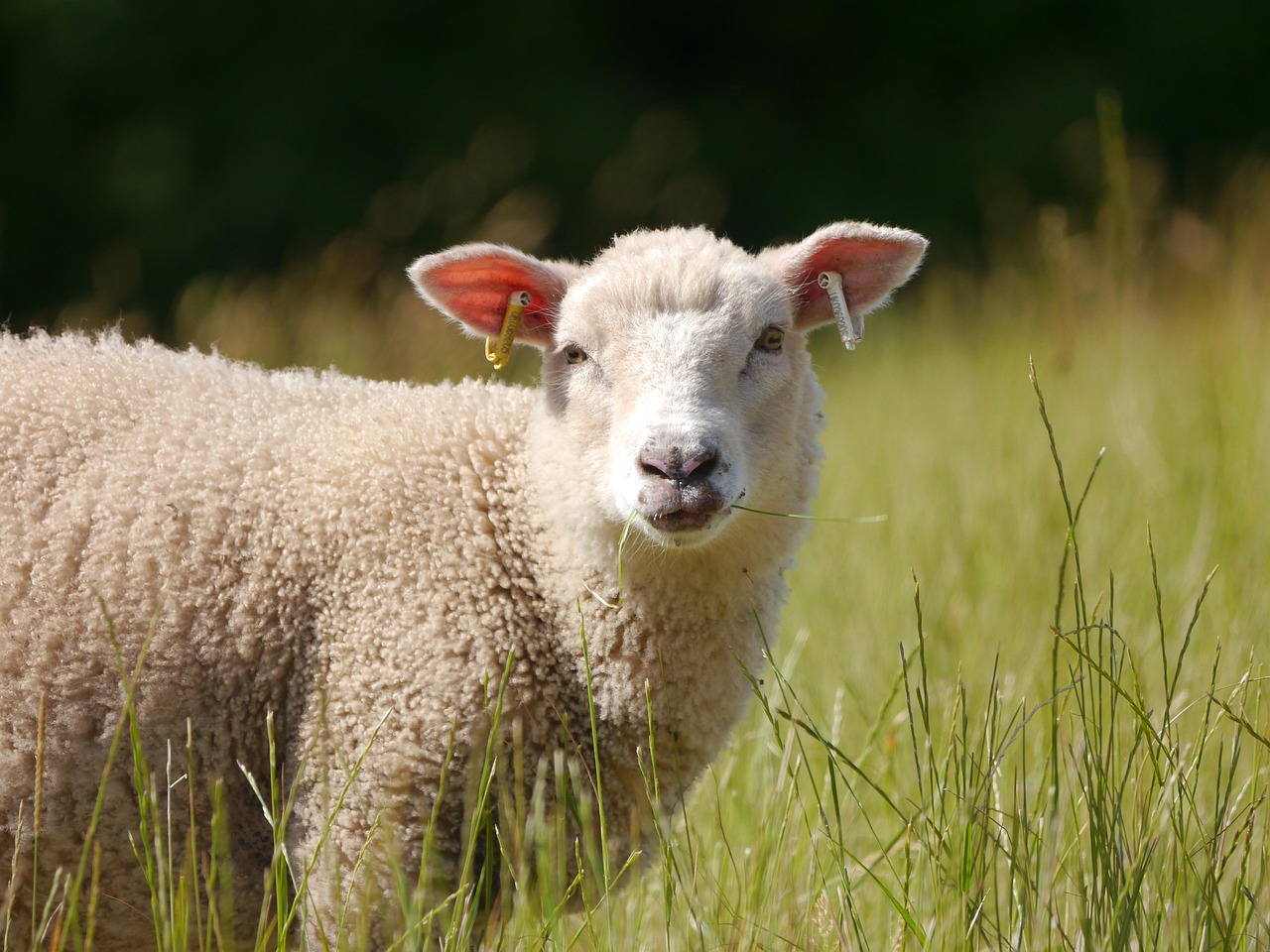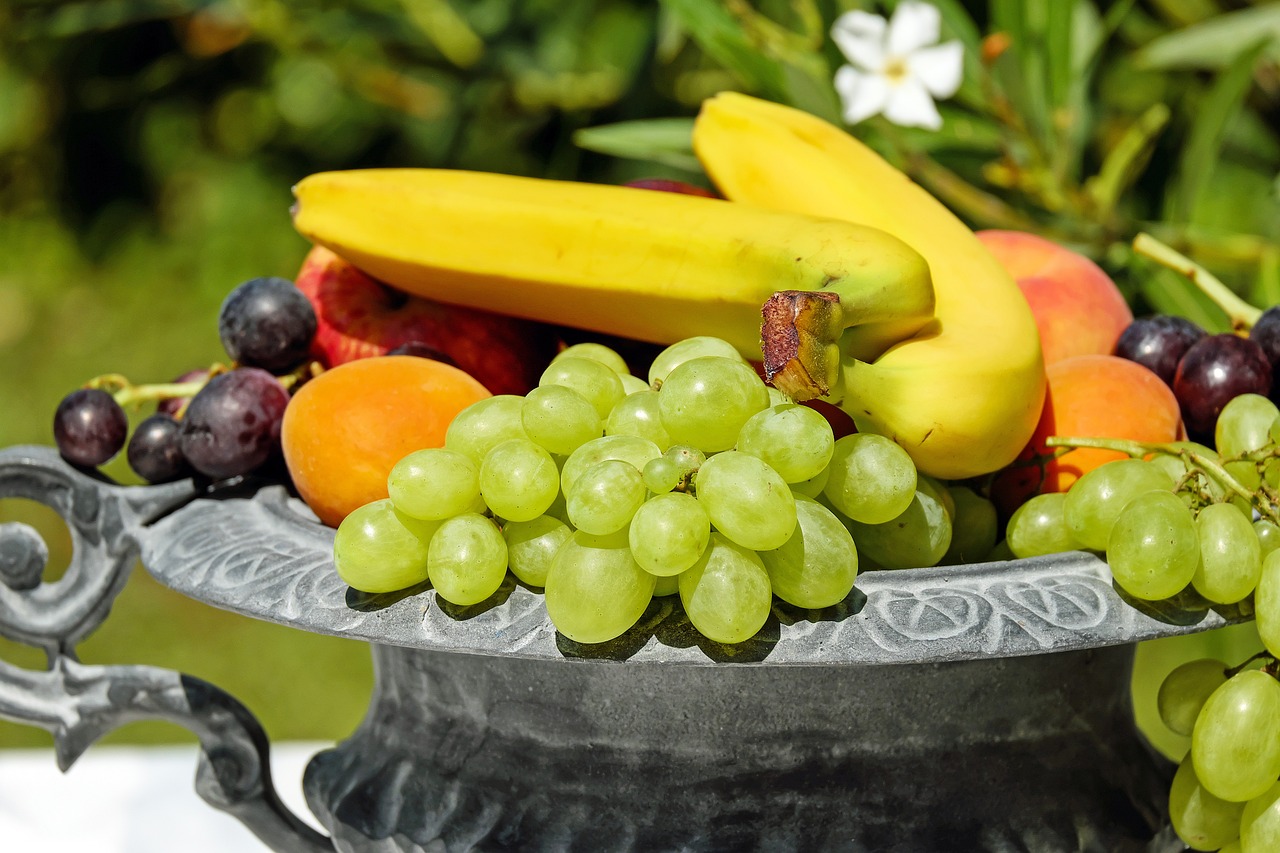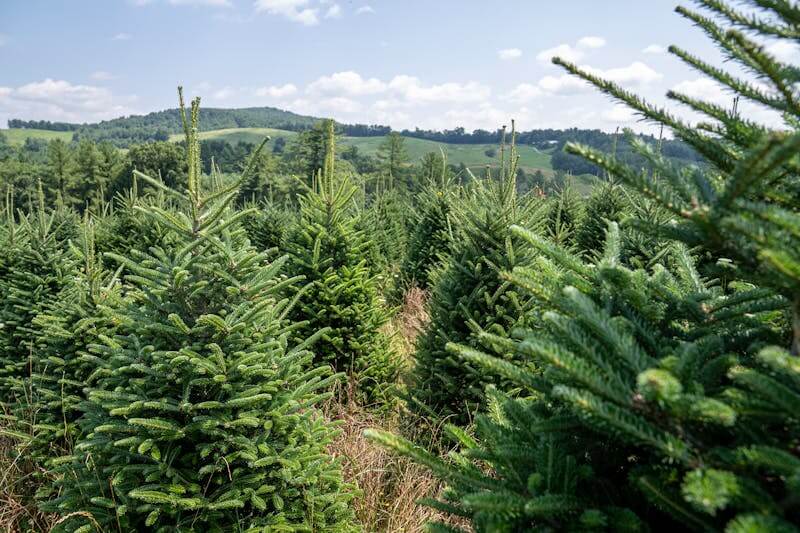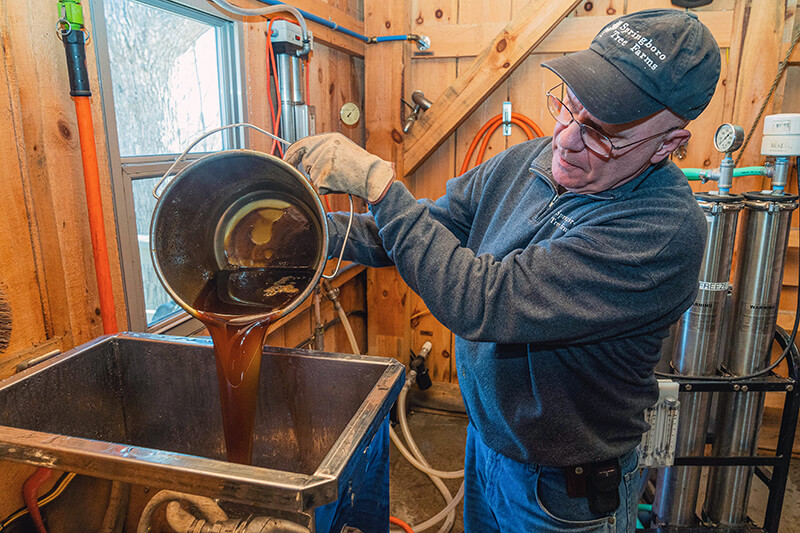
Sheep See, Sheep Do (Grades 3-5)
Students explore the difference between inherited and acquired traits and discover why knowledge of inherited and acquired traits is important to agriculture.

Students explore the difference between inherited and acquired traits and discover why knowledge of inherited and acquired traits is important to agriculture.
Using wheat as an example, students explore how DNA determines the genetic traits of a plant and how plant breeders change the DNA of a plant to produce desired characteristics.
Students identify fruits that grow on a tree, bush, or vine, classify fruits as pome, drupe, berry, melon, or citrus, perform an experiment about the browning of fruit, and dry plums to make prunes.

Students will learn the concept of enzymatic browning and methods for decreasing enzymatic oxidation by observing three types of fruit. Students will also understand the relationship between oxidation and antioxidants and the role fruits play in health and nutrition.

Students explore the history of the Christmas tree, explain the life cycle of a conifer, identify types of trees and how they adapt, discover what it's like to work on a Christmas tree farm, and examine the ecology of conifer trees.
Students explore the life cycle of wild rice, compare the steps of the traditional Native wild rice harvest with a cultivated wild rice harvest, and create their own wild rice bowls.
Students explore peach production in various regions of the United States, describe how peaches are produced and processed from farm to table, and explain how internal and external structures of peaches support survival and growth.
Students design a green bean planter and explore planting specifications for green bean seeds.
Students explore how genes affect important traits such as growth, reproduction, disease resistance, and behavior and discover the responsibilities of an animal geneticist.
Students explore how dominant and recessive traits are expressed and discover how knowledge of heredity is important to agriculture.
Students identify how the basic needs of a growing chick are met during egg incubation, diagram the parts of an egg, and hatch eggs in class.

Students recognize how geography and climate allow for the growth of maple trees and the process of making syrup, identify the characteristics of maple trees that produce the best sap for making maple syrup, and name the steps in the process of creating syrup from sap.